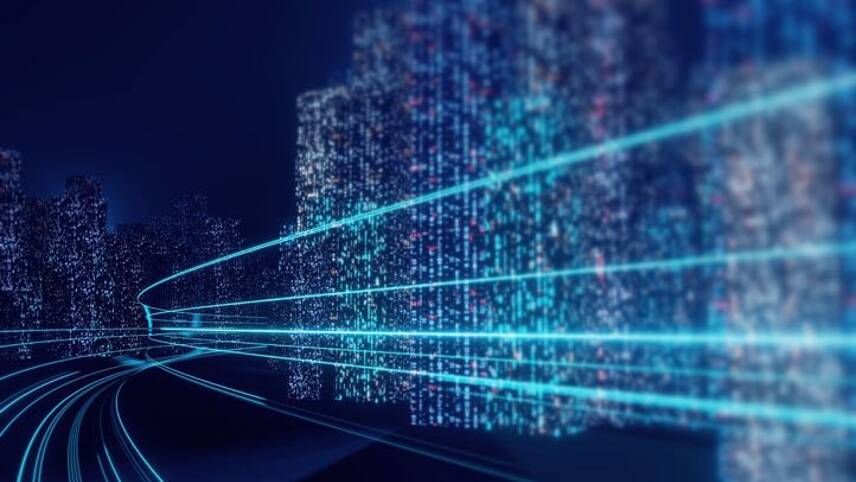Register for free and continue reading
Join our growing army of changemakers and get unlimited access to our premium content

At Virgin Media O2, we know the challenges of balancing customer demand with our climate responsibilities. Over the last 18 months, our customers have relied on ultrafast broadband and mobile connectivity more than ever. They need it to work, to play and to stay in touch with their loved ones – resulting in soaring demand for data. At the same time, we’ve committed to accelerating action on climate change, with a bold goal to achieve net-zero carbon operations (Scopes 1 and 2) by 2025. So how can we get there, whilst still putting customers first?
The enabling power of tech
Technology is a great decarboniser for UK business – we see it ourselves every day. Data centre cooling is a good example: the more data we use, the hotter our centres can become. Historically networks have relied on air conditioning for cooling, but the UK has plenty of fresh, cold air that does the same job. That’s why we’re upgrading our data centre kit, introducing brand new smart sensors and intuitive software, and swapping energy-intensive air con for free-air cooling.
Using smart sensors, the new EkkoSense software monitors exactly how much cooling each site on our O2 mobile network needs at any one time and reports back on how to optimise cooling as demand changes. It means our centres operate as efficiently as possible even as data traffic hits peak levels, with expected energy savings equivalent to one million kilograms of CO2 year-on-year.
Despite increased data demands, Virgin Media reduced its carbon footprint by 7% in 2020 compared to its 2019 baseline, and 46% against its previous 2014 baseline. The O2 network is now around 82% more energy efficient than it was in 2015, thanks to tech enhancements like free air-cooling and advanced automation, that temporarily powers down technology on our network when demand is low.
Better connectivity, better efficiency
It’s not just us; organisations across the UK are using connectivity to meet their efficiency targets. Whether it’s 5G-powered manufacturing using machine-to-machine communication to reduce energy consumption, supermarkets using IoT sensors to optimise temperatures when transporting fresh produce, or connected drones taking vehicles off the road for medical deliveries, with innovation comes real sustainability benefits. Tech is giving companies in all sectors a way to work smarter, reduce costs and boost efficiency at the same time.
As businesses, meeting customer demand is our number one priority. But that cannot come at the expense of the environment. As we race to net zero, tech can help open the door to a smarter, greener and more productive way of doing business.



Please login or Register to leave a comment.